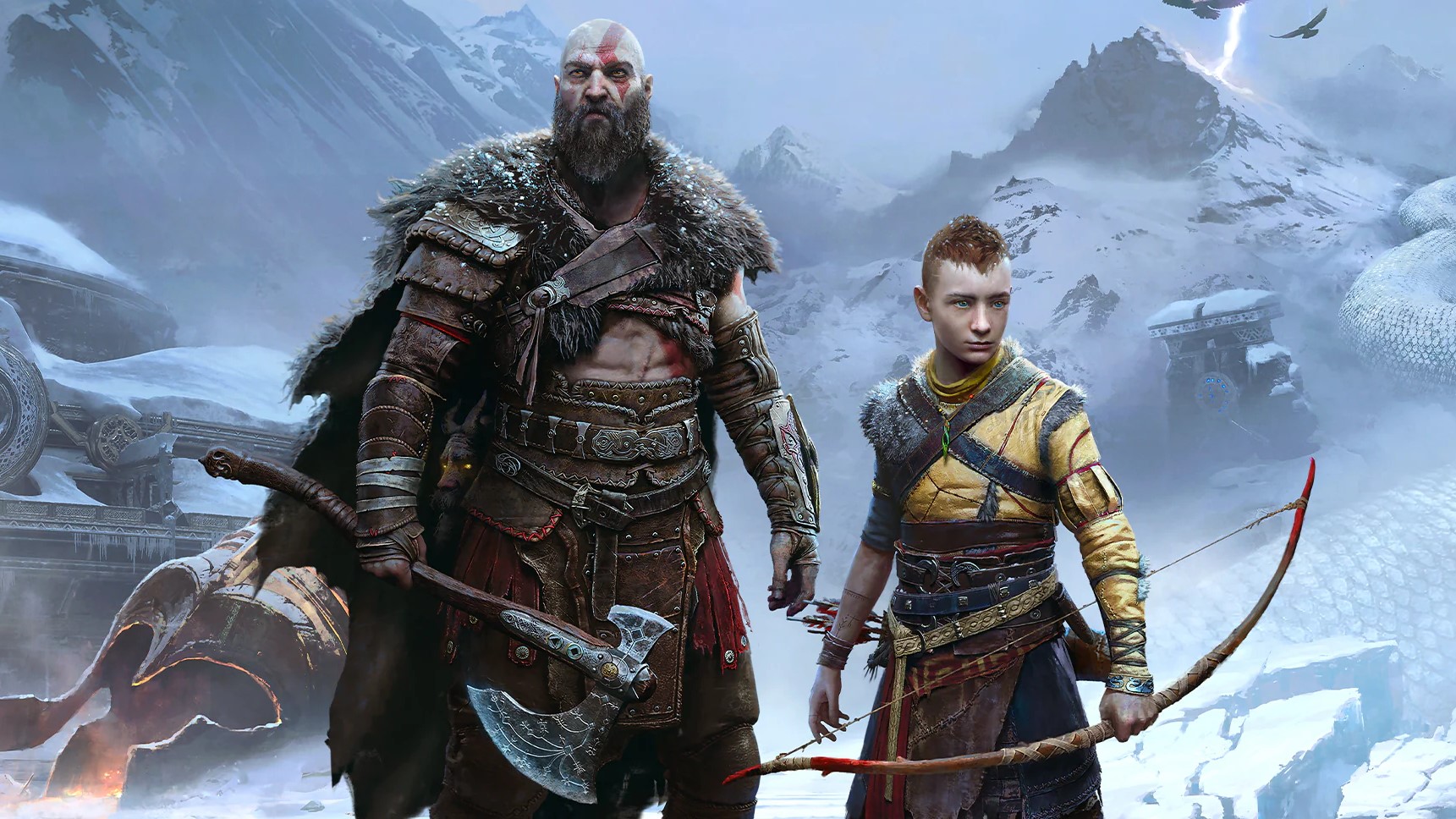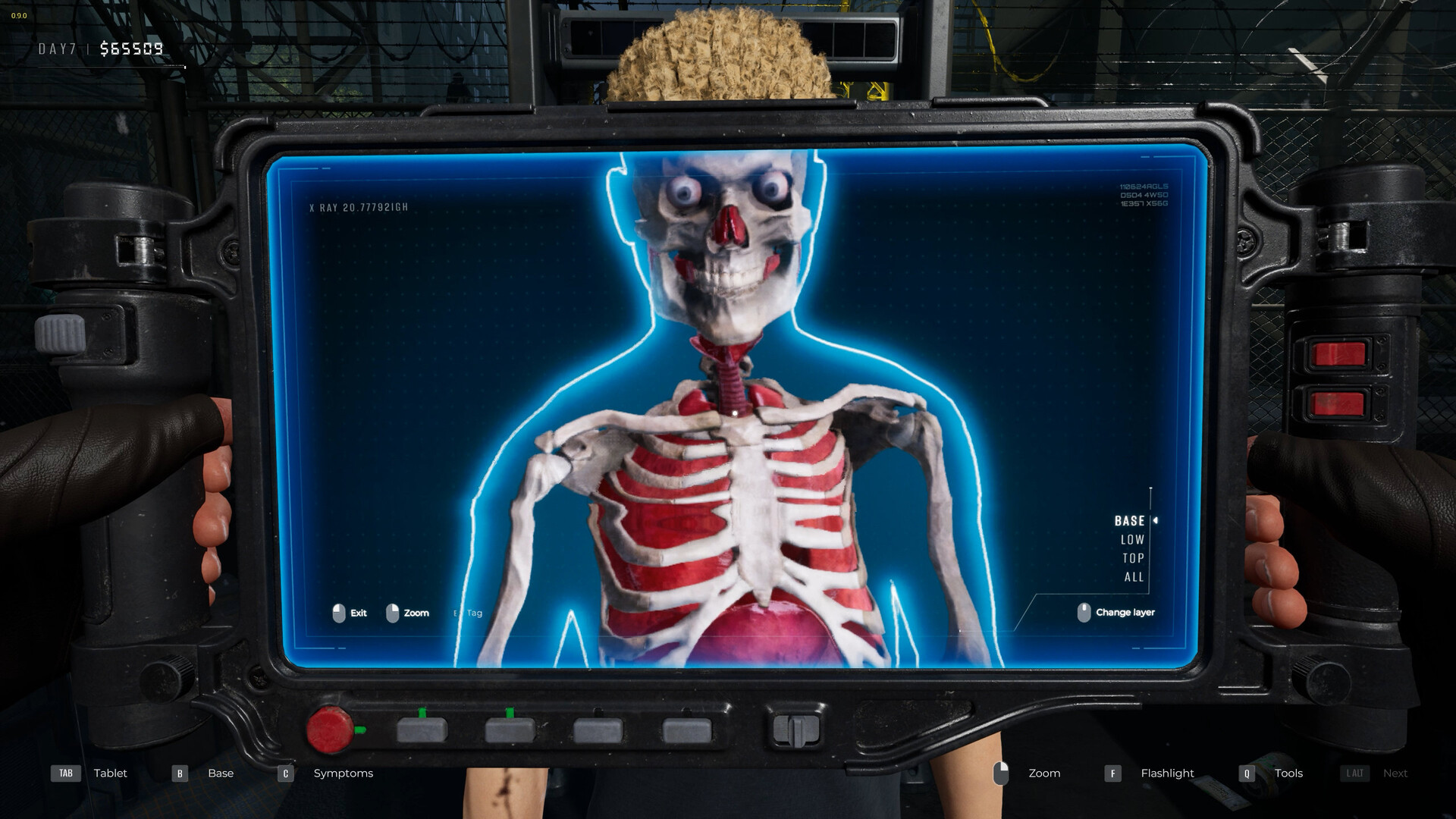Former God of War exec says the blockbuster games industry needs to steer away from spectacle and focus on what matters: 'if it's not fun, it's not worth the investment'
Meghan Morgan Juinio asks: "how do we go back to building solid games that are really fun to play?"

It's no secret that Western games development is in the doldrums: the industry has laid off over 45,000 jobs since the COVID bubble burst in 2022, and publishers and studios are scrambling for ways to adapt to rising costs and shifting player priorities. Meanwhile, viral hits from smaller teams—ranging from Clair Obscur: Expedition 33 through to Peak—make those billion-dollar companies look old hat, almost like dinosaurs (though it's also true that neither were made by a company whose CEO makes more than $29,000,000 in a year).
But will the major Western publishers—the likes of EA, Activision and Ubisoft—shift towards making games on a smaller scale, with lower costs and more modest production? According to Meghan Morgan Juinio, former Santa Monica Studios director of product development, the answer is obvious.
"I think personally we're going to have to," she said. I caught up with Juinio at Gamescom Asia x Thailand Games Show last week. She recently left Sony-owned Santa Monica Studios, where she worked on the God of War series, coordinating the creative and business sides of the project.
"I think it's already not really sustainable in terms of the cost of development," she continued on the future of blockbusters with outsize budgets. "There's been a ton of layoffs, and a lot of that is focused on the West Coast of the US, and it's clearly because the minimum costs are so high. Development costs will necessitate that the big publishers create [new] pathways.
"Does it mean a game like God of War is going away? I don't think so. But I think you'll start to see some avenues for the AA or single A from the larger publishers as well. Because it's not a sustainable model to continue like we are."
I mentioned the likes of Clair Obscur and Peak, and wondered why major western publishers had yet to have similar success with games made at a tiny fraction of the budget needed for say, Spider-Man 2 or God of War Ragnarok. "I think what it comes back to," Juinio said, "is just make something fun. Just make something awesome, and that will achieve what you need it to achieve."
Having said that, Juinio acknowledged the increasing difficulty in getting games in front of people, whether that's about "distribution and visibility" or just the fact that half of the 205.1 million Americans playing games at the moment are 35 and older, and thus often busy not gaming.
Keep up to date with the most important stories and the best deals, as picked by the PC Gamer team.
"But let's put access on the side," she said. "My opinion is that it has to be fun first. It can look the most beautiful, the best soundtrack in the world, it can be winning all the BAFTAs for audio and all this, but if it's not fun it's not worth the investment, whether that's two million dollars or 500 million dollars. And I think that's where the biggest publishers can return: how do we go back to building solid games that are really fun to play. Maybe they aren't 40 hours long, and maybe they aren't the most cutting edge—but that doesn't matter if the core experience is really fun."
It's sound reasoning, but it's yet to be seen whether major publishers are even good at making these kinds of games any more. And if they are good, there's no guarantee people will play them. Nowadays a lo-fi co-op game like R.E.P.O. can become an overnight success story while a Prince of Persia roguelike hasn't attracted enough interest to warrant ongoing post-launch support.

Shaun Prescott is the Australian editor of PC Gamer. With over ten years experience covering the games industry, his work has appeared on GamesRadar+, TechRadar, The Guardian, PLAY Magazine, the Sydney Morning Herald, and more. Specific interests include indie games, obscure Metroidvanias, speedrunning, experimental games and FPSs. He thinks Lulu by Metallica and Lou Reed is an all-time classic that will receive its due critical reappraisal one day.
You must confirm your public display name before commenting
Please logout and then login again, you will then be prompted to enter your display name.

